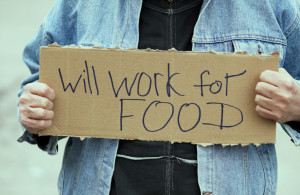 This week’s top story: Smart Money podcast on how to leverage inflation for your benefit. In other news: Justice department sues to block JetBlue, Spirit merger, 3 tax credits not to miss when you file this year, and 3 ways to get your income and other money faster.
This week’s top story: Smart Money podcast on how to leverage inflation for your benefit. In other news: Justice department sues to block JetBlue, Spirit merger, 3 tax credits not to miss when you file this year, and 3 ways to get your income and other money faster.
Smart Money Podcast: How to Leverage Inflation for Your Benefit
In this week’s episode, we’re sharing NerdWallet’s recent webinar, which was about inflation.
Justice Department Sues to Block JetBlue, Spirit Merger
On Tuesday, the Justice Department sued to block JetBlue Airways from taking over Spirit Airlines in a $3.8 billion deal.
Don’t Miss These 3 Tax Credits When You File This Year
Credits are a more powerful tax-saving tool than deductions, and common programs, such as the earned income tax credit, can save you thousands.
3 Ways to Get Your Income and Other Money Faster
To get money faster, use early direct deposit, Zelle or instant cash-out on Venmo or Cash App. But availability varies.
 Today’s top story: Don’t let lifestyle creep sneak up on you. Also in the news: 7 steps to buying a house, do you need a tax ID number, and how to make sure you don’t lose your credit card rewards when closing the card.
Today’s top story: Don’t let lifestyle creep sneak up on you. Also in the news: 7 steps to buying a house, do you need a tax ID number, and how to make sure you don’t lose your credit card rewards when closing the card.

